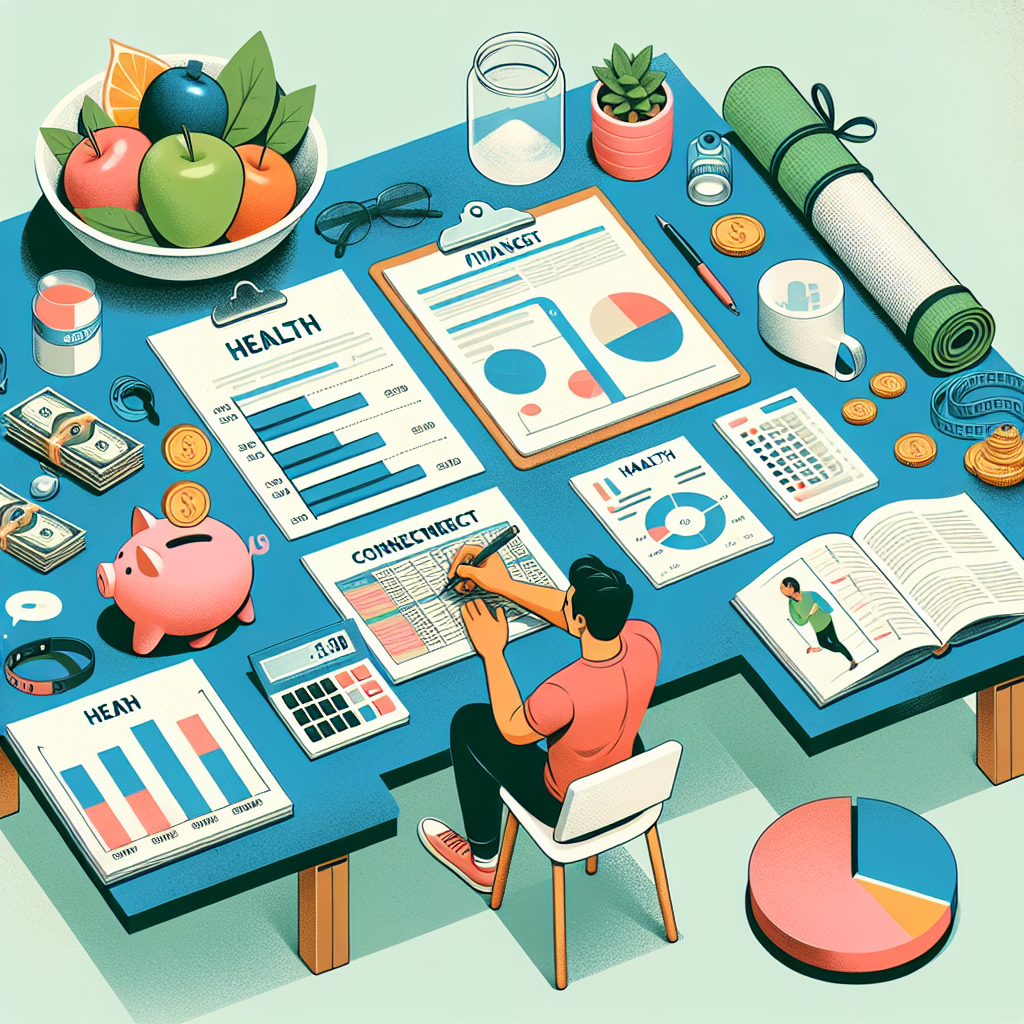In today’s fast-paced world, health and finances are often seen as separate entities. However, there is a significant interconnection between the two that can impact your overall well-being and quality of life. In this article, we will explore the intricate relationship between health and financial planning, illustrating how prioritizing both can lead to a harmonious and prosperous lifestyle.
Understanding the Health-Financial Planning Nexus
1. The Overlap Between Health and Finances
Health and financial stability are closely related. Unforeseen medical expenses can lead to financial strain, while financial stress can negatively impact mental and physical health. By recognizing this link, individuals can take proactive steps to improve both their health and financial situations.
2. Direct Costs of Healthcare on Financial Planning
Medical expenses are often one of the most significant outlays in personal budgets. According to recent studies, nearly 70% of bankruptcies are linked to medical costs. This reality emphasizes the need for comprehensive financial planning that includes considerations for healthcare costs.
3. Indirect costs: The Price of Poor Health
Poor health can lead to lost productivity, reduced income, and increased expenditures on medical services. Individuals who neglect their health may find themselves facing high insurance premiums and additional costs associated with chronic illnesses, further complicating their financial situation.
The Benefits of Integrated Health and Financial Planning
1. Budgeting for Health
Creating a budget that allocates funds for regular health check-ups, preventive care, and fitness activities is essential. Tax-advantaged health savings accounts (HSAs) can help you save specifically for health-related expenses. By emphasizing budgeting for health, you can mitigate future costs and maintain your physical well-being.
2. Insurance Planning
A solid financial plan includes comprehensive health insurance coverage. Evaluating different insurance options can help safeguard you from massive financial downturns due to unexpected medical emergencies. Therefore, it is vital to assess health insurance policies and their implications on your overall financial strategy.
3. Wellness Initiatives and Financial Incentives
Many employers now offer wellness programs that encourage healthy habits among employees. Engaging in these initiatives not only promotes better health but can also lead to lower insurance premiums and increased productivity at work, ultimately benefiting your financial planning.
Strategies for Bridging the Gap
1. Proactive Health Management
Invest in preventive healthcare by scheduling regular check-ups and screenings. Staying ahead of potential health issues can save you significant costs in the long term and protect your financial well-being.
2. Create a Comprehensive Financial Plan
Incorporate health-related expenses into your overall financial plan. This way, you’ll be better prepared for unexpected medical costs and will be able to allocate resources effectively to prioritize your health.
3. Mindset for Wellness and Wealth
Developing a wealth and wellness mindset is essential for achieving success in both health and financial planning. Adopt healthy habits and create a positive attitude towards managing your finances, as these approaches often influence each other.
The Ripple Effect of Good Health on Financial Stability
1. Enhanced Productivity
Good health can lead to increased energy levels and higher productivity, both personally and professionally. This improvement in productivity can result in career advancement opportunities and, ultimately, greater financial rewards.
2. Reduced Medical Expenses
Maintaining a healthy lifestyle can help prevent chronic diseases and reduce the frequency of doctor visits, leading to lower medical expenses. This reduction not only enhances financial security but also enables you to allocate funds to other important areas of your life.
3. Strengthened Emotional Resilience
Healthy individuals tend to experience lower levels of stress and anxiety, which directly affects financial decision-making. Good mental and emotional health can lead to more rational financial choices, reducing impulsive spending and promoting savings.
Conclusion: A Harmonious Approach to Health and Financial Planning
The link between health and financial planning is undeniable. By integrating strategies that promote both your physical well-being and financial security, you can achieve a healthier, happier, and more prosperous life. The time to start bridging the gap between your health and finances is now; prioritize both aspects for a brighter and more secure future.
By understanding and implementing these connections, you can create a solid foundation for your health and financial stability, ensuring long-term peace of mind and well-being. Start today, and take charge of your health and financial destiny!

